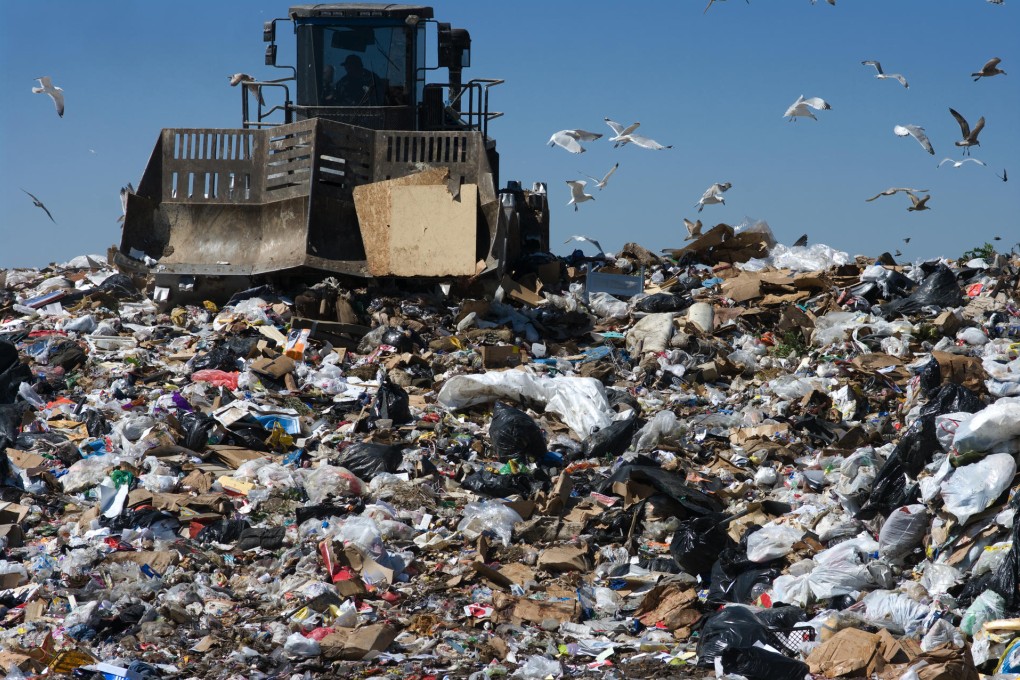Lai See | Group offers to buy Hong Kong's waste and use it as a resource
The debate over how to deal with Hong Kong's waste has taken an interesting turn with a non-profit-making organisation offering to buy the municipal solid waste for HK$100 a tonne or HK$24 million a year.

The debate over how to deal with Hong Kong's waste has taken an interesting turn with a non-profit-making organisation offering to buy the municipal solid waste for HK$100 a tonne or US$42 million a year. Capital costs are reckoned to be HK$8 billion.
The government is planning to spend about HK$60 billion building and running an incinerator on Shek Kwu Chau and enlarging and servicing landfill operations.
Zero Waste Smart City Resources Association, chaired by Peter Reid, will today make a offer to the government to manage the city's municipal solid waste as a private commercial enterprise. The aim is to achieve zero waste in Hong Kong by 2020.
"The Offer and Zero Waste 2020 Plan is to transform thinking on Hong Kong's waste to a valuable community resource, which can create up to 6,000 good green jobs in a district-based bioeconomy. A think green, go clean and live cool vision to energise everyone living in Hong Kong," Reid said.
His plan is to buy the 9,000 tonnes of the waste produced daily over 51/2 years from September next year, and to recycle 100 per cent of the waste in each of the city's 18 districts "as a viable, sustainable commercial community business based in each district".
This envisages waste separation at source into six categories using advanced proven digital waste separation technologies and waste applications. Waste collection would be free using electric hybrid vehicles. The food and green waste would be dealt with at district level using anaerobic digestion plants, which would produce fertiliser and fish food.
The recyclables including paper-card, metals, plastics, textiles would again be dealt with at the district level by recycling facilities. The remaining residual fuels waste can be used as fuel feedstock for pyrolysis gasification plants that produce clean gas for input into the gas mains and inert aggregates or sent to plasma gasification plants at power stations.
